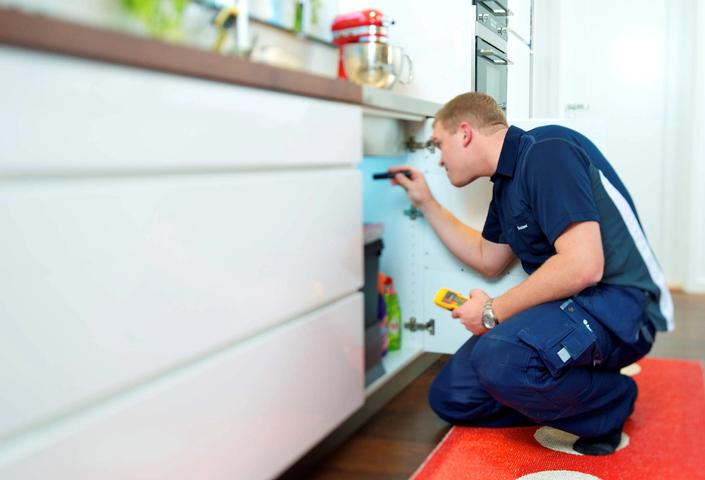Anticimex on international growth path
As harmful pests and vermin spread across the globe, unfazed by national borders, Anticimex, provider of pest control, food safety and adjacent services, are on their toes, quickly assuming the role of a world leader.

The globalization of the economy brings prosperity and growth but also means more goods and people are moving around the world then ever before. This coupled with climate changes and higher sanitation standards drive the need for controlling and eliminating pest problems.
“Anticimex has become a global business and global standards are increasing rapidly in importance. Prevention, surveillance and digitalization are also very strong trends”, says Olof Sand, CEO of Anticimex.
EQT acquired Anticimex from listed Swedish private equity group Ratos in July 2012 and in 2013, Anticimex acquired the pest control business of ISS, a global facilities management company which is also an EQT portfolio company, for around DKK 2 billion.
The acquisition brought operations in twelve markets and further economies of scale to produce a combined company with annual sales of around SEK 3.2 billion, 2.2 million customers and 3,000 employees. The goal is clear for the “new“ Anticimex.
“We aim to become the world leading provider of pest control, food safety and adjacent services. The combination of the two companies is perfect. We have the same business philosophy, local entrepreneurial spirit and focus on pest control and prevention”, continues Olof Sand.
Going forward, organic growth is at the top of the agenda but as the pest control market is highly fragmented with many small, local and regional players, further acquisitions may come about.
“The market will become less fragmented as customers want global suppliers and solutions as standards and regulations are increasingly harmonized. We intend to be part of that process but any acquisition will be on an opportunistic basis”, says Olof Sand.
Anticimex sells its services as long-term contracts, an insurance or per hour. A model which has proven to be very successful in Northern Europe is the notion of insurance. Companies, landlords or homeowners can buy fixed rate insurance against pests which includes preventive measures, monitoring and if needed, an elimination of the problem.
“Anticimex has a record of 79 years of continuous growth and I believe we have a unique business model. We will take this with us to new markets and with the backing of a strong and competent owner such as EQT, we are ideally placed to meet the growing demands for greater global standardization of our business”, says Olof Sand.
Accelerating urbanization, a warmer climate, more environment friendly pesticides and more movement of goods and people all conspire to aid the spread of various pests such as rats, lice and bedbugs.
“Lice and bedbugs are in a way the origins of Anticimex and as they go global, we have to as well. Rats are also on the increase and can cause great economic damage and pose great safety risks as they gnaw off vital power lines and cables”, explains Olof Sand.
One example is Sweden where bedbugs were virtually gone for 30 years but have re-emerged in later years as they have hitch-hiked with unsuspecting tourists. From 2006 to 2012 the number of decontaminations increased 17 times.
Technology is rapidly making important in-roads into pest control and in particular prevention. Modern sensor and communication technology make it possible to monitor important areas for potential problems and in some cases deal with it at the same time.
“Monitoring and surveillance is gaining in importance and the new technology also gives new, more environmentally friendly ways of solving problems with pests”, concludes Olof Sand.
Note: Anticimex is the latin wording for “against bed bugs”.